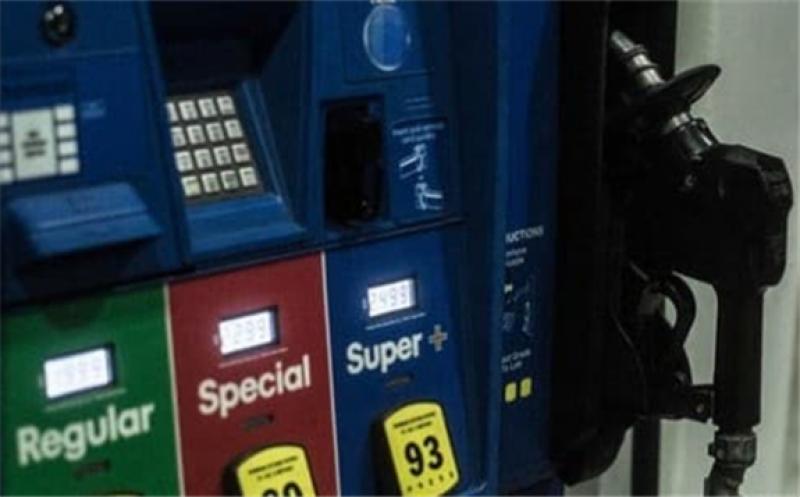Rallying oil prices in recent weeks have intensified speculation that this week the OPEC+ group will decide to put more oil on the market as of April to prevent an over-tightening of the market and preserve market share.

As tempting as high oil prices could be from a budget perspective for the biggest oil-exporting nations in the Middle East and Russia, oil at $70—as many banks now believe prices would reach as early as next quarter—would be a drag on the tentative demand recovery, with large importers such as India signaling they are not very happy with this year’s rally.
Rising oil demand amid expectations of a vaccine-assisted economic rebound in major economies and tightening oil supply, courtesy of the OPEC+ production cuts, have sent oil prices to their highest levels since January 2020, before the COVID-19 pandemic started eroding economies and demand.
The market fundamentals plus the Texas Freeze that curtailed U.S. crude oil production and refining operations in the middle of February have also sent the national U.S. average gasoline prices to their highest since August 2019.
“The national average continues to increase as crude prices march higher,” AAA said on Thursday last week, when the national average was $2.67 a gallon, up four cents in four days.
As of Sunday, the national average was just $0.27 a gallon from reaching $3 a gallon.
“Gas prices are coming into the month of March like a lion.. and might end up leaving the same way,” GasBuddy’s oil and refined products analyst Patrick de Haan says.
If OPEC+ decides this week to put more oil back to the market, it could cool off the rally in crude prices and, consequently, the continued rise in U.S. gasoline prices with the summer driving season approaching, Matt Egan at CNN Business argues.
The current oil market conditions look right for an increase of the OPEC+ production from April, and most analysts believe that the group will return some barrels on the market. But questions remain: how much, and how (and if) the two leaders of the group, Saudi Arabia and Russia, will compromise on who is pumping how much next month.
Saudi Arabia has signaled it would be reversing its unilateral cut of 1 million barrels per day (bpd)—the world’s top oil exporter has not committed to keeping that cut beyond the promised period of February and March only.
Yet, because of the reversal of those barrels from April, the Saudis may not be too keen to let the entire OPEC+ group add another 500,000 bpd in production, which is the maximum rise in output that the alliance has vowed to put on the market each month.
OPEC+ will be discussing raising collective output, sources in the coalition say. But the group’s leaders are potentially headed to another clash over oil production policies, with Russia pushing for a more aggressive rise and the Saudis still cautioning against “complacency” and calling on producers to remain “extremely cautious.”
It is clear that there is room for more OPEC+ supply to return on the market, but the group will have to carefully weigh the short-term and medium-term prospects of the market and its share of that market at the virtual meeting on March 4.
Too little easing of the cuts risks overtightening the market in the short term and making oil more expensive for the global economic recovery and for large key growth drivers such as India. Higher oil prices could also incentivize more U.S. shale production eating up OPEC+ market share.
This article is reproduced at www.oilprice.com
On the other hand, a too generous production increase could quickly reverse the oil price rally.
“The group will need to be careful, they will want to make sure they do not surprise the market by easing too much. There is a large amount of speculative money in oil at the moment, so they will want to avoid any action that will see them running for the exit,” ING strategists Warren Patterson and Wenyu Yao said on Monday.
Russia’s President Vladimir Putin and Saudi Arabia’s Crown Prince Mohammed bin Salman vowed last month to continue their countries’ close coordination “in the interests of maintaining stability in the global energy market,” but this coordination will be tested once again this week as OPEC+ is headed to another heated debate about oil supply policies.